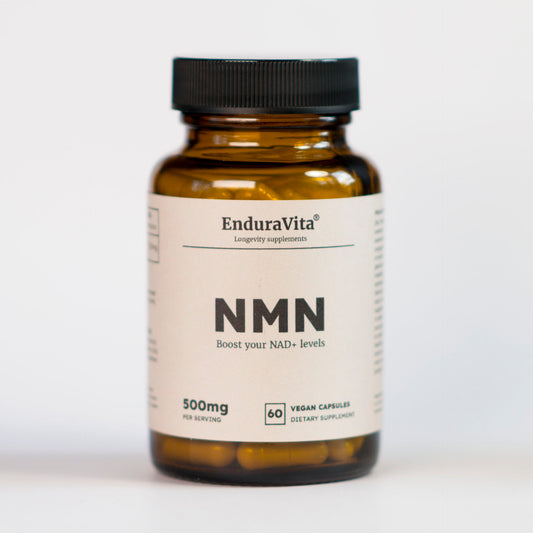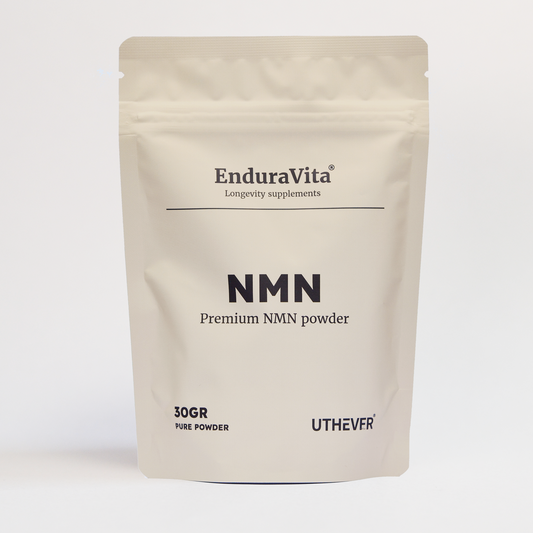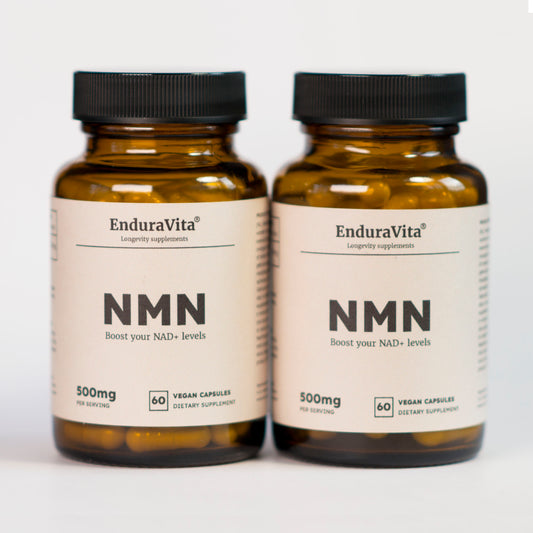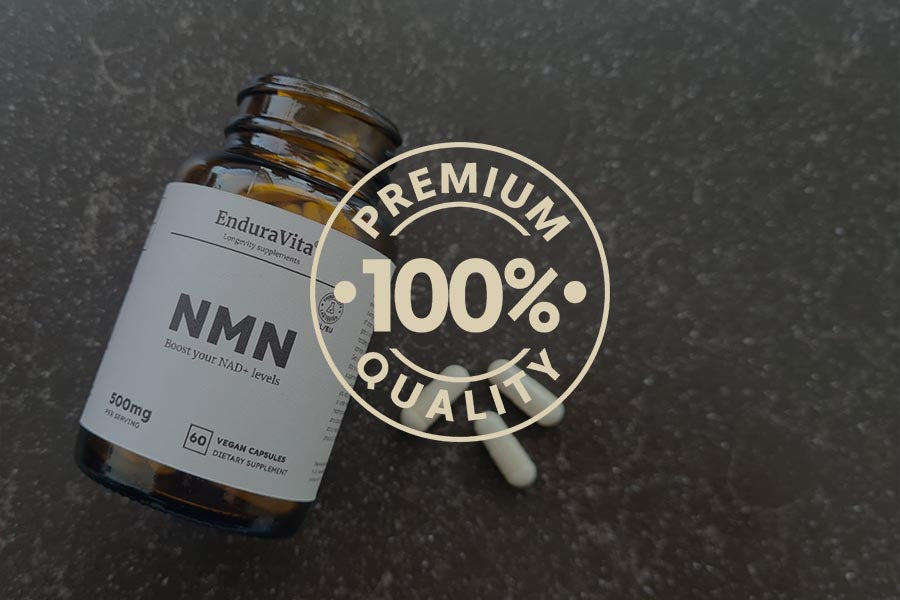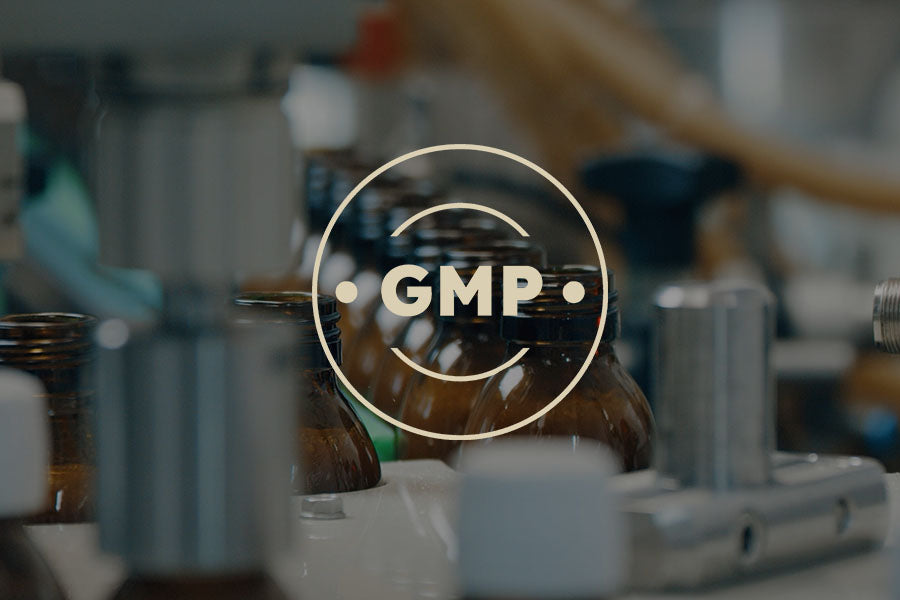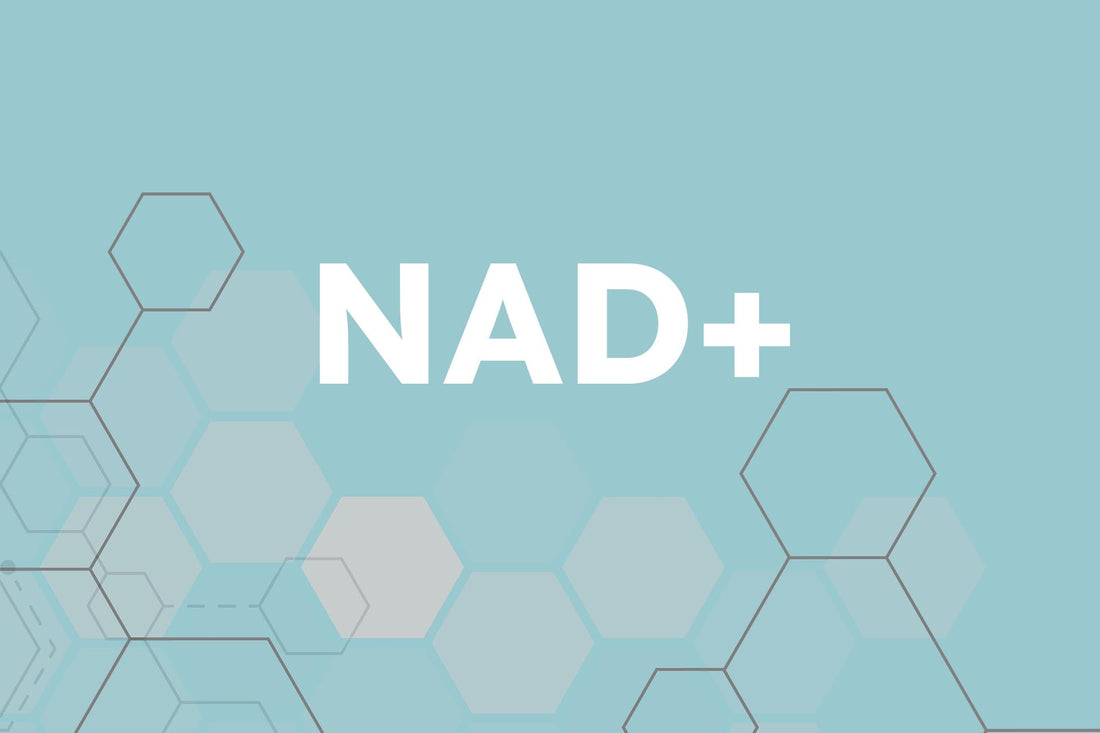
NMN study: NAD+ is increased by NMN
In May 2022, the results of an interesting NMN study were published. It was a multicenter, randomized, double-blind, parallel-design, placebo-controlled study to evaluate the efficacy and safety of Uthever (NMN supplement), an orally administered supplementation, in middle-aged and older adults.
Summary of research findings:
On day 30, serum NAD+/NADH levels increased significantly by 11.3% in the Uthever NMN group, while the placebo group showed no change. By day 60, NAD+/NADH levels had risen by 28% from baseline in the NMN group, compared to only 14.3% in the placebo group. The six-minute walking distance improved by 4.3% in the NMN group on day 20, as opposed to 3.9% in the placebo group. By day 60, the NMN group had further increased their walking distance by 6.5%, while the placebo group remained at a 3.9% increase.
Summary of the research:
Objective: The aim of this study was to investigate the anti-aging effect of NMN and assess its safety in a double-blind, parallel, randomized controlled clinical trial.
Methods: Sixty-six healthy subjects aged between 40 and 65 years participated in the study. They were instructed to take two capsules once daily for 60 days, each capsule containing either 150 mg NMN or starch powder, after breakfast.
Results: On day 30, serum NAD+/NADH levels showed a remarkable increase of 11.3% in the Uthever group, while no change was observed in the placebo group. By day 60, NAD+/NADH levels in the Uthever group had further increased by 38% compared to baseline, whereas it was only 14.3% in the placebo group. The SF 36 scores showed a 6.5% increase in the Uthever group on day 60, compared to only 3.4% in the placebo group. At the end of the study, there was a slight increase of 0.6% in the average HOMA IR Index in the Uthever group, while there was a notable increase of 30.6% in the placebo group compared to baseline.
Conclusion: The results demonstrate that NMN supplementation on days 30 and 60 increased serum NAD+/NADH levels, indicating the potential of Uthever to raise NAD+ levels in cells and thus achieve an anti-aging effect. Additionally, improved insulin sensitivity was associated with anti-aging effects. There were no notable changes in the HOMA score in the Uthever group, while there was a notable increase in the placebo group, highlighting the anti-aging effect of Uthever, as parameters worsened in the absence of NMN supplementation.
Source: https://www.frontiersin.org/articles/10.3389/fragi.2022.851698/full

